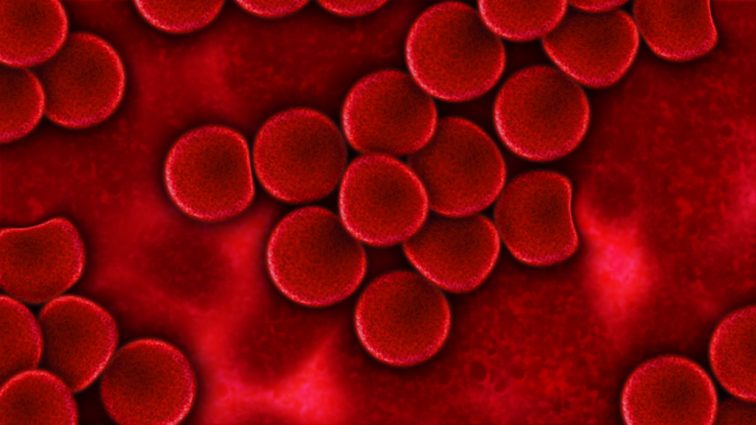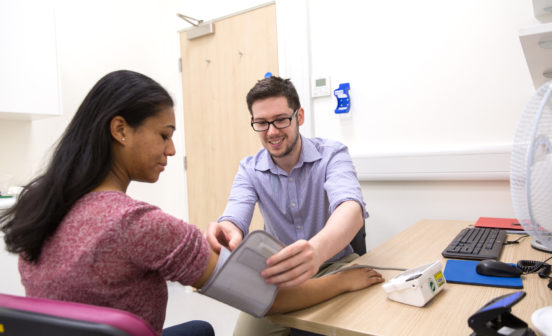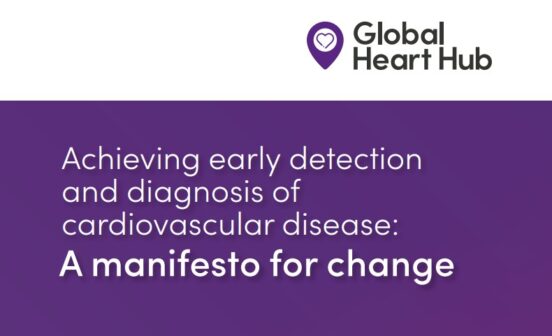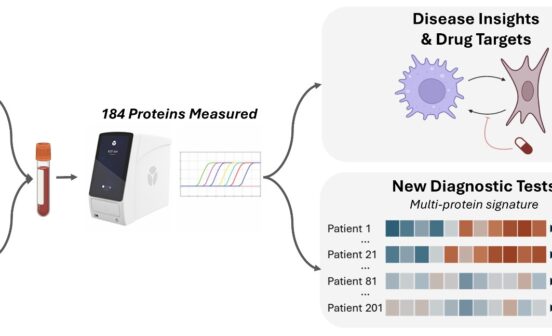DiagnosticTherapeutic Unravelling the genetic architecture of blood cell traits

The number and size of circulating blood cells is the result of an interplay between genetic and environmental factors. The Blood Cell Consortium (BCX) explored the genetic architecture of the three major blood cell types – red blood cells, white blood cells and platelets, including cell-subtype counts in over 100,000 multi-ethnic individuals.
It was found that several genetic variants, both rare and common, influence these traits, highlighting the complexity of the haematological system. The discovered variants were replicated in independent individuals including more than 14,000 participants from the Airwave Health Monitoring Study (AHMS) which is funded by the NIHR Imperial BRC. The Airwave cohort provided the largest replication study of the BCX consortium.
Many of the identified genes seem to influence more than one phenotypic trait. This pleiotropic effect is significant in the development of therapeutics but also allows us to establish new hypotheses concerning the interplay among haematopoiesis, the circulatory system and diverse haematological traits. New initiatives planned within BCX, including the Airwave participants, will provide further insight into the genetic architecture of diverse hematological traits.





